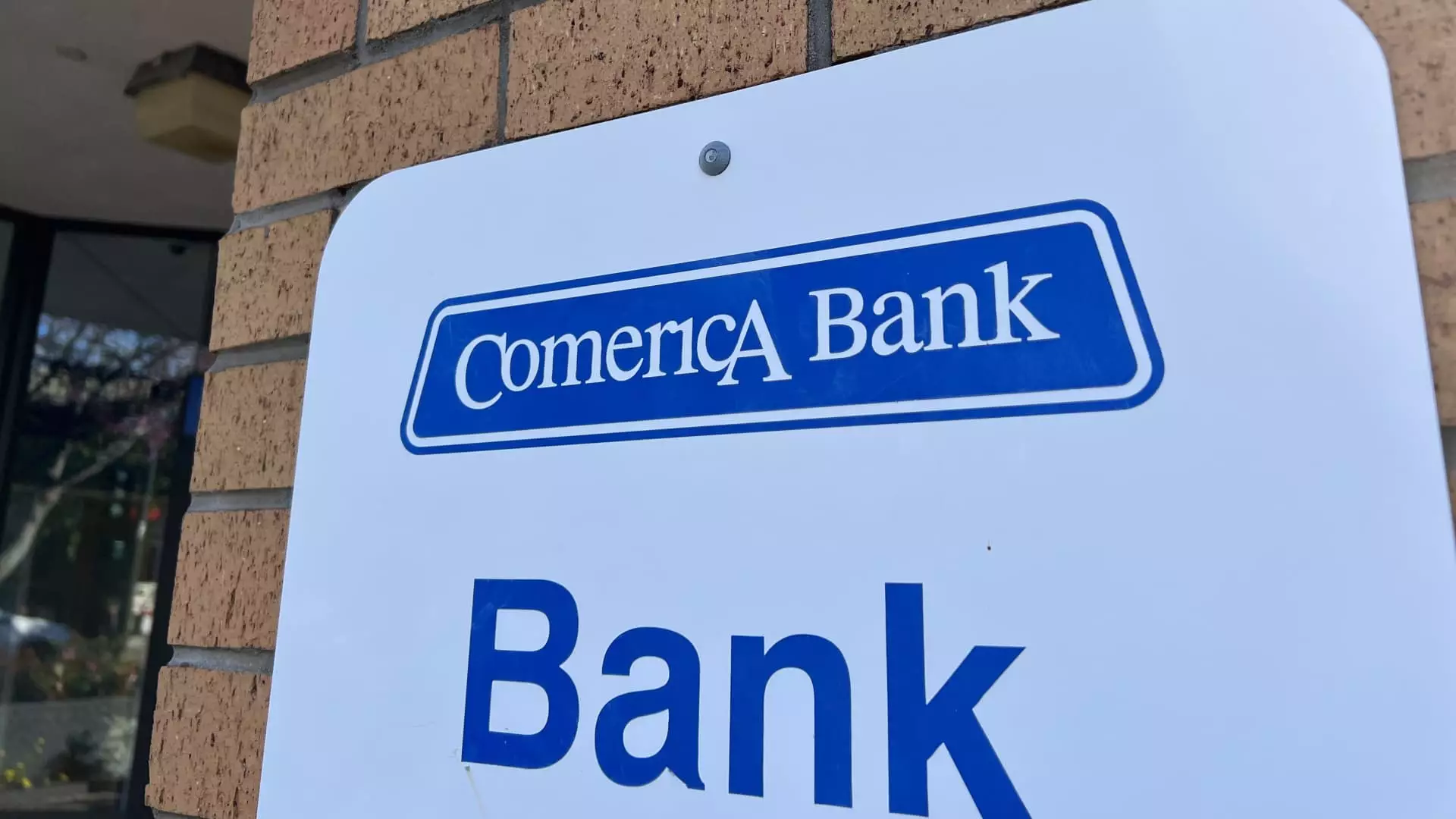In a significant legal move, the Consumer Financial Protection Bureau (CFPB) has filed a complaint against Comerica Bank, alleging serious mismanagement of the Direct Express prepaid debit card program. This program serves a crucial role for many Americans, providing them with a means to access federal benefits such as Social Security. The accusations reveal that the bank may have intentionally cut off over 24 million customer service calls and improperly levied fees on more than a million cardholders for ATM transactions. This case underscores the profound implications of banking practices on vulnerable populations, especially those dependent on fixed incomes and who have limited access to financial services.
The heart of the CFPB’s complaint lies in the allegation that Comerica Bank’s actions directly impacted its customers’ financial well-being. Rohit Chopra, the director of the CFPB, claimed that the bank’s practices not only isolated beneficiaries in times of need but also subjected them to unnecessary charges, thereby exacerbating their financial hardships. The Direct Express card, touted by Comerica as a convenient way for beneficiaries to manage their funds, appears, based on these allegations, to have been mired in accessibility issues. Many customers, including disabled and elderly individuals, were reportedly blocked from receiving vital assistance when facing account problems—a scenario that raises alarm bells about customer service reliability in essential banking functions.
Legal Maneuverings and Comerica’s Defense
In a bid to counter the allegations, Comerica Bank has filed its response, suggesting that the CFPB has overstepped its boundaries in this investigation. The bank argues that it has functioned under the oversight of the federal government as the Financial Agent for the Direct Express program since 2008, asserting that its operations were carried out in accordance with federal guidelines. Louis Mora, a spokesperson for Comerica, emphasized their collaboration with the CFPB, hinting at an ongoing dispute over the interpretation of what constitutes acceptable banking practices within such a specialized program. This defensive stance casts a spotlight on the complexities involved in the administration of federal benefit programs and raises questions about the responsibilities of financial institutions in serving at-risk populations.
This action against Comerica Bank is not isolated. Historically, the CFPB has demonstrated a willingness to hold financial institutions accountable for mismanagement of benefits programs. One notable case involved a hefty $100 million penalty against Bank of America for mishandling unemployment benefits, highlighting a trend of increased scrutiny of banks regarding their treatment of clients relying on government support. The inherent risk in banking operations that cater to vulnerable groups emphasizes the need for continuous oversight and regulation to ensure that institutions uphold their fiduciary responsibilities.
As the case unfolds, the outcome will likely set precedents regarding the accountability of financial institutions in administering government-sponsored programs. For consumer advocates, the situation illustrates a critical need for reform and heightened standards to protect the interests of those relying upon such services. The implications extend beyond the parties directly involved, prompting other banks to reassess their practices and promote transparency and support for individuals in vulnerable positions. Ensuring that the needs of beneficiaries are met with respect and diligence should be paramount in all banking operations.

